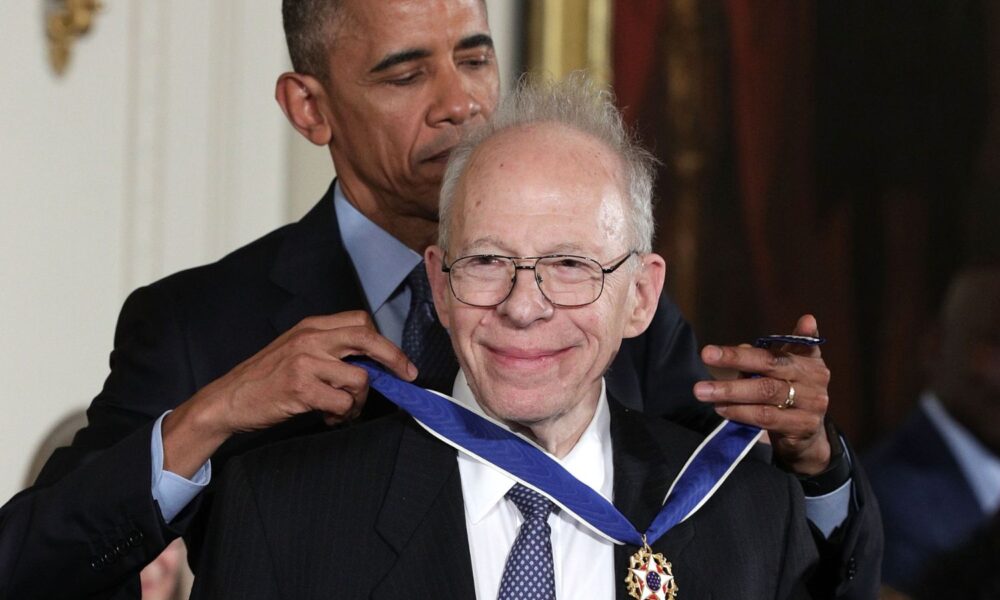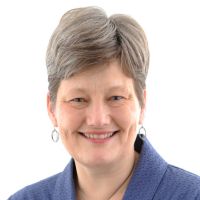I spent almost 30 years in the Global Security Program at the Union of Concerned Scientists, beginning in 1992. During this time, I became colleagues with Dick Garwin, eminent physicist and longtime UCS board member, and got to know him pretty well. Dick passed away two weeks ago at age 97.
I’m not going to discuss Dick’s many accomplishments—his bio in the New York Times does a great job of that. Moreover, I did not witness these things myself.
What I did see up front was Dick’s ongoing public involvement in a range of nuclear security issues—from nuclear arms control, to missile defenses, to US–China and US–Russia relations.
For some seven decades, Dick was deeply involved in advising the government on a wide range of security issues. There are very few scientists in the classified world who also prioritize working in the unclassified world, but Dick was committed to doing so because he felt this was essential to changing government policy when his inside work could not do so.
Dick was invaluable to our work and to international efforts to reduce the threat posed by nuclear weapons.
He co-authored several of the reports UCS produced, including Countermeasures, a technical report that showed that any country capable of building a nuclear-armed, long-range missile—like North Korea—could readily defeat the planned US defense system. His involvement was important both because he knew so much about all the issues we worked on and because his co-authorship inoculated us against the inevitable response that our physics calculations were irrelevant because we did not have access to classified information. Dick had access to all of it.
Our team could email him questions about almost any topic, and he would typically reply within 10 minutes. When he didn’t, we would joke, “something has happened to Dick.” Most likely, he was on a flight headed to one of the many, many meetings he participated in around the world.
He often would respond by writing that he had first worked on this topic several decades ago and we should look at the trove of his past publications available on the Garwin Archive on the Federation of Atomic Scientists (FAS) website. Which we did, and which was always useful.
Dick was generous with his time. He also was very respectful towards us—when I told him how important his deep expertise and credibility were in a meeting we had with a member of Congress, he said that what I did was equally important and that he wouldn’t know how to be most effective without me and others at UCS.
Dick believed the threat of retaliation would prevent nations from attacking each other with nuclear weapons, but he was a strong critic of what he saw as unnecessary for or threatening to deterrence. That included many new nuclear weapon systems; large arsenals, both deployed and stored; missile defenses; and US policies that made accidental nuclear war more likely or could cause other nations to doubt their ability to deter the United States.
For example, Dick and I, along with several faith leaders, met with Susan Rice, President Obama’s national security adviser, at the end of 2015, to urge the President to change US nuclear policy. The two top things we urged him to do in his remaining year in office were to declare that the US would not use nuclear weapons first during a conflict—giving other nations less incentive to do so—and to eliminate launch-on-warning options for the US silo-based missiles and risk an accidental launch. President Obama did not take our advice, but we continued to advocate for these policies.
Dick was a master at multitasking (how else could he respond to emails within ten minutes?). The conventional wisdom is that none of the things you are doing simultaneously are getting the attention they need. This did not seem to apply to Dick. He served on the board of UCS for many years, and I often sat next to him at board meetings. He was emailing, looking up research papers and skimming through them, searching for information, and more. Then he would raise his hand and ask a zinger of a question, always right to the point, sometimes referring to one of the papers he had just looked at that was relevant to the issue at hand.
Dick could be quirky and had a sly sense of humor. During our collective fight against Star Wars in the 1980s, the two of us and a handful of other physicists were sitting in our hotel lobby in Washington, waiting to head to Capitol Hill. The table was wobbly and Dick pulled a screwdriver out of his bulging backpack, which he always carried with him. He never used a briefcase, which would have been completely inadequate for his needs. He then laid down on the floor and fixed the table. I said, “It’s a good thing you didn’t need a soldering iron,” to which he replied, “Oh, I have one of those in my hotel room.” I think it was a joke, but I was never quite sure!
We shared a love of dessert, and we were both quite discerning. Following dinner at UCS board meetings, there was always a selection of sweets. We consulted on the best ones and often brought each other the options we thought were most promising. One time when Dick approached our table with only one dessert in hand, I said accusingly “you didn’t bring me a dessert,” to which he responded “Yes, I did,” and put the plate down in front of me. He then turned around and went to get one for himself.

